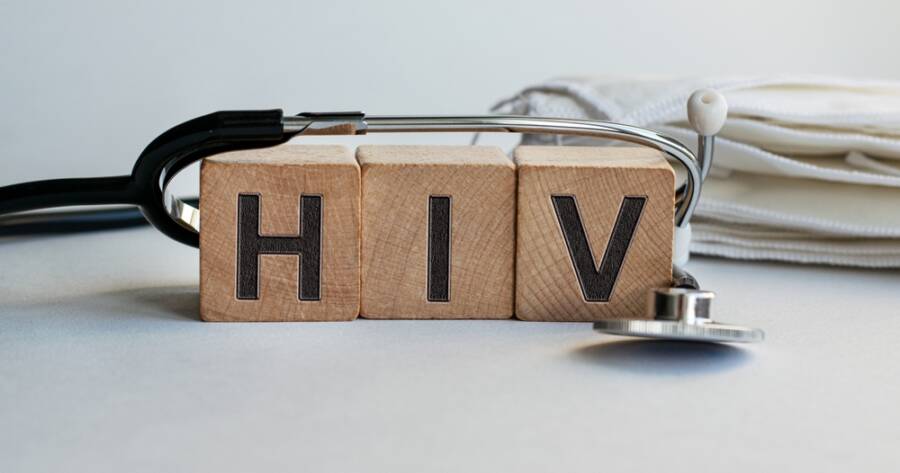Understanding the essentials of HIV treatment and management involves more than just medication; it integrates medical care, lifestyle adaptations, and emotional well-being. Central to managing HIV is antiretroviral therapy (ART) alongside maintaining a healthy lifestyle. Individuals must also consider food safety, nutrition, and emotional support systems. Continuous education and communication with healthcare providers empower those affected to live fulfilling lives.
Understanding HIV Treatment and Management
Managing HIV involves a multidisciplinary approach that combines medical treatment, lifestyle modifications, and emotional support. The cornerstone of HIV treatment is the consistent adherence to an antiretroviral therapy (ART) regimen to maintain a low viral load. This medication helps individuals achieve an undetectable viral load, preventing virus transmission and improving the individual’s overall health. Regular medical visits are vital for long-term HIV management, enabling the timely detection and treatment of any complications.
Essential Lifestyle Adjustments
To effectively manage HIV, one must make crucial lifestyle adjustments. Regular physical activity contributes significantly to maintaining muscle mass, reducing stress, and improving overall health for individuals living with HIV. Consulting with a healthcare provider to develop a personalized exercise plan is recommended. Moreover, a balanced diet rich in proteins, carbohydrates, and healthy fats supports immune health and medication efficacy. It’s important to include a variety of fruits, vegetables, and adequate hydration in daily meals to boost immune function.
Food Safety and Nutrition
Individuals with HIV must be vigilant about food safety due to their increased susceptibility to foodborne illnesses. Measures like avoiding raw eggs, meats, and seafood, and ensuring proper food handling, are critical to minimize health risks. Nutrition plays a pivotal role in maintaining a healthy immune system. A nutritious diet not only supports immune function but also improves the absorption of HIV medications. Vitamins and minerals provide supplementary benefits that help maintain energy levels and prevent unintended weight loss.
Maintaining Mental and Emotional Well-Being
Emotional health is integral to the overall well-being of those living with HIV. Engaging with support systems, either through friends, family, or local organizations, can significantly impact mental health by reducing stigma and stress. Accessing counseling and peer support can enhance the quality of life, addressing common issues such as depression and anxiety that may arise during HIV treatment. It’s recommended to seek professional guidance to develop coping strategies that manage stress and emotional challenges effectively.
Continuing Education and Open Communication
Education is a powerful tool for those managing HIV, empowering individuals by providing the knowledge to make informed choices about their treatment and lifestyle. Staying informed about the latest advancements in HIV therapy helps reduce stigma and misinformation. Having open communication with healthcare providers ensures the treatment plan aligns with individual needs and supports emotional and physical health. Being proactive in discussions about side effects and communicating any concerns to healthcare professionals is essential for optimal treatment outcomes.
Why You Should Learn More About HIV Treatment Today
Pursuing knowledge about HIV treatment paves the way for informed decision-making and excellent health outcomes. Understanding the nuances of ART, lifestyle changes, and mental health support empowers individuals to lead fulfilling lives despite their diagnosis. By embracing education and communication, people with HIV can actively manage their health, fostering a positive outlook that allows them to achieve personal and professional goals. Consider exploring more resources and support systems to enhance your understanding and management of HIV today.
Sources
Achieving a healthy life with HIV
Medical management and support systems for HIV
